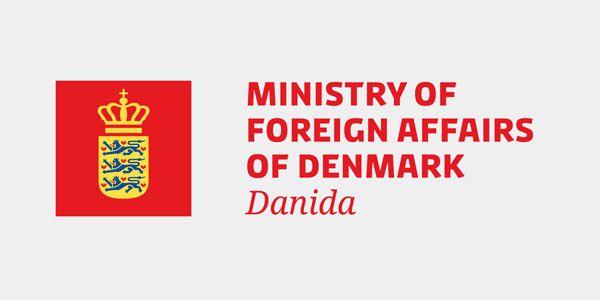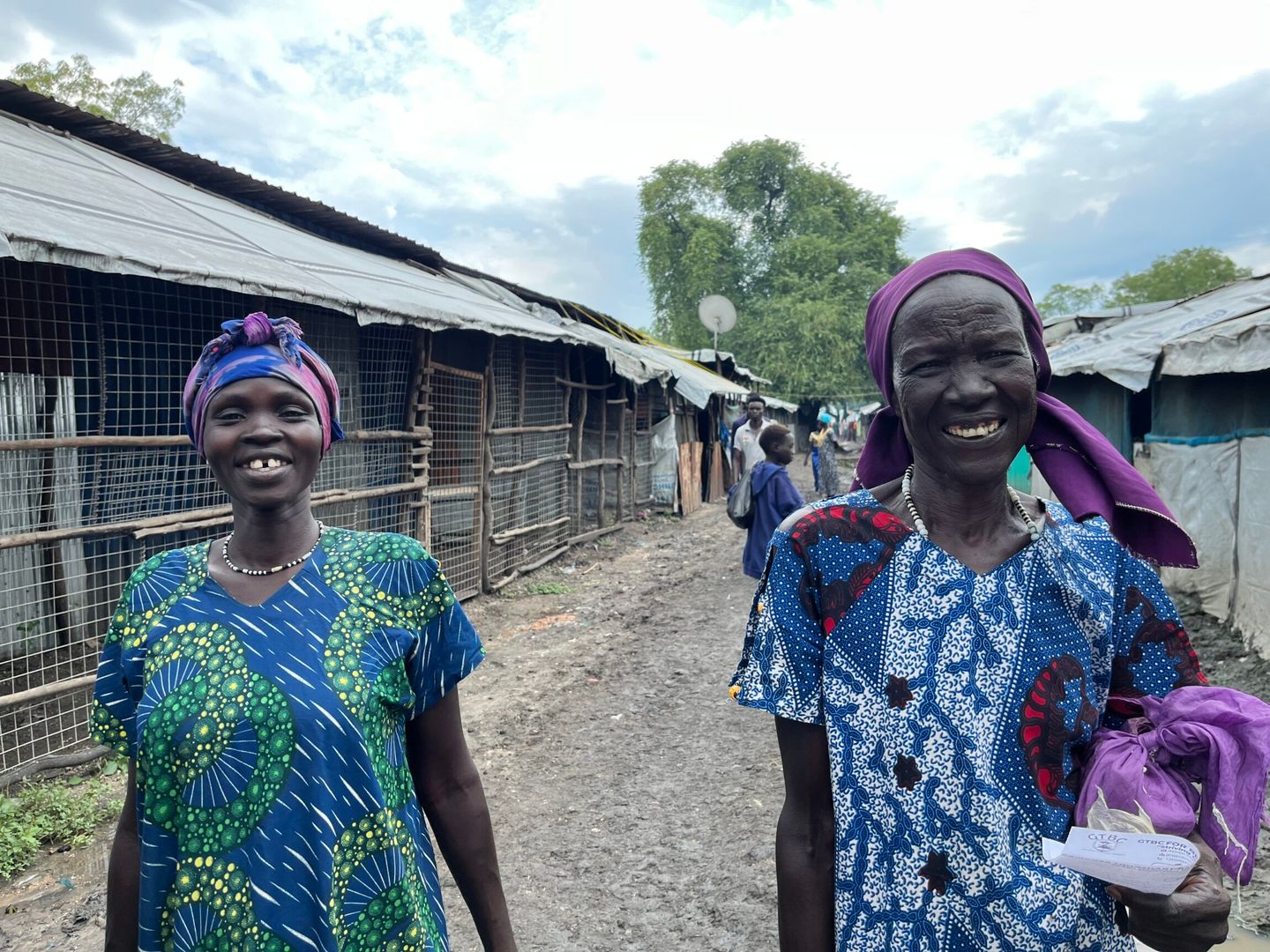The Issue
Akobo County, located in the northeastern corner of Jonglei State along the Pibor River and bordering Ethiopia, faces severe challenges arising from protracted conflict, climate impacts, and social vulnerability. Already classified at IPC 4 (emergency) due to critical levels of food insecurity, Akobo is marked by frequent violent intra- and inter-communal conflicts, including cattle raids, abductions, and displacements, which continually erode local stability.
As returnees from Ethiopia and Sudan arrive – over 3,000 documented by the Relief and Rehabilitation Commission and increasing daily – they place further strain on the already fragile host communities and strained resources. Recurrent climate shocks, particularly extreme floods, exacerbate these vulnerabilities with further pressure on limited resources. Flooding in Akobo not only submerges homes and destroys local infrastructure but also devastates farms, forcing communities to abandon livelihoods and seek safety in even more vulnerable conditions.
The Project
This project addresses the multi-sectoral needs of vulnerable communities in Akobo by providing interconnected support that enhances resilience, food security, and community cohesion.
Supporting Families Through Cash Assistance
The project has provided Multi-purpose Cash Transfers (MPCT) to 557 of the most vulnerable households, identified through DCA South Sudan’s vulnerability matrix. These cash transfers, delivered via e-vouchers, circumvent the challenges of fluctuating currency exchange rates while ensuring secure, efficient assistance. By empowering recipients to purchase goods directly from local markets, the e-voucher system not only reduces protection risks associated with cash distributions but also strengthens market functionality and gives traders access to vital hard currency for restocking. Each household receives cash equivalent to USD 165, covering 70% of the Minimum Expenditure Basket (July 2024, REACH). This intervention supports both direct recipients and the wider community by stimulating local economic activity.
Enhancing Food Security Through Fishing Kits
To bolster food security and livelihoods, 300 households (180 female-headed, 120 male-headed) will receive fishing kits. With Akobo situated along a river, these kits provide immediate access to protein-rich food and offer households a sustainable source of income, fostering long-term self-reliance.
Promoting Peace and Community Resilience
To address ongoing conflict concerns, the project will facilitate a consultative meeting between existing community-managed disaster risk reduction (CMDRR) groups and peace committees. This initiative aims to strengthen coordination among local actors, humanitarian organizations, and community structures, enhancing localized responses to conflict and disaster. To further empower community-driven solutions, a Grants for Community Transformation (GCT) fund has been allocated to support collaborative initiatives.
By targeting host communities, internally displaced persons (IDPs), and returnees, the project promotes inclusivity, mitigates potential tensions and creates a foundation for lasting stability and improved well-being in Akobo.
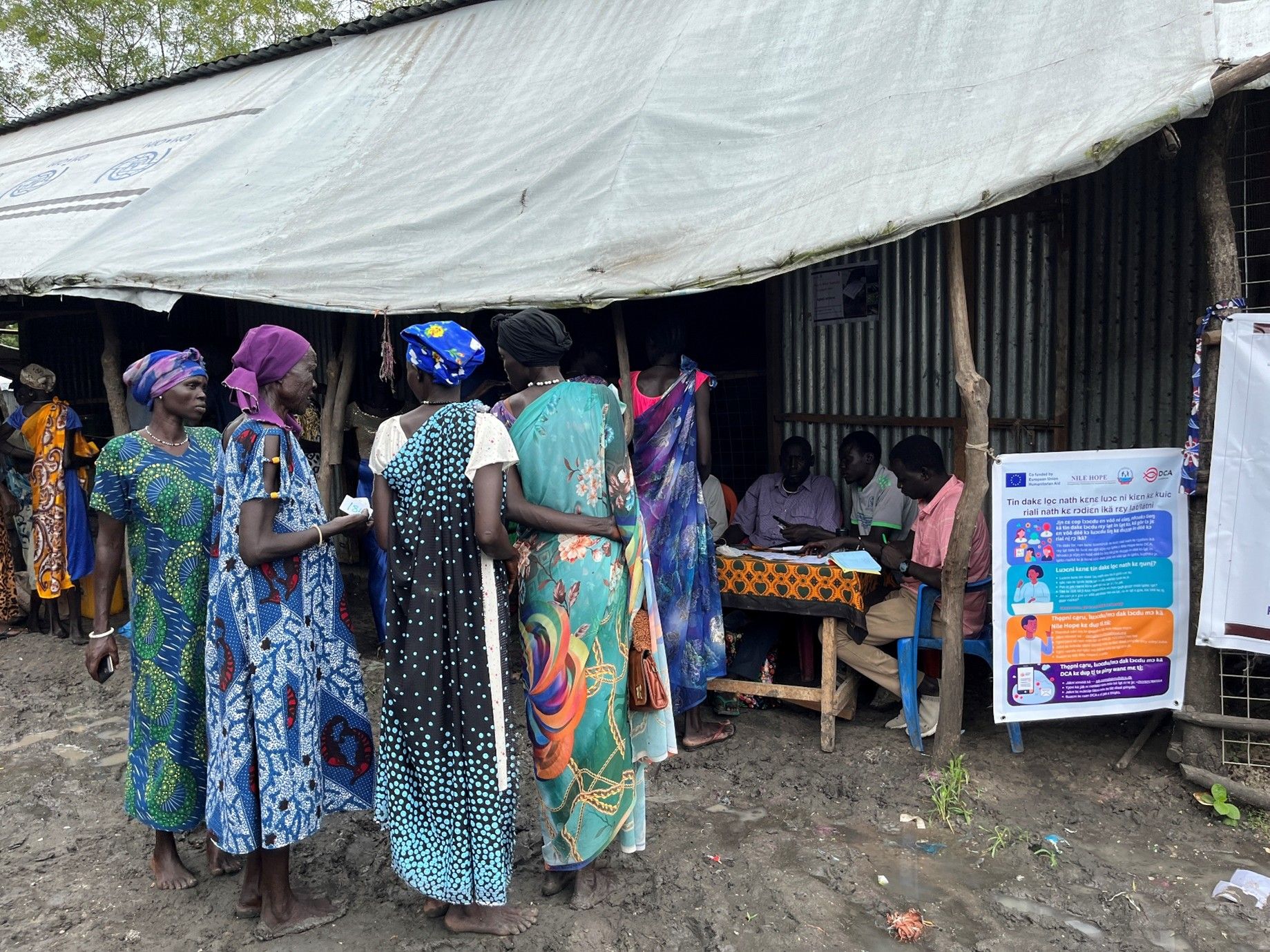
The Change
The project will bring transformative change to the community in Akobo by improving food security, boosting local economies, and fostering social cohesion. Vulnerable households receiving Multi-purpose Cash Transfers (MPCT) will gain the financial means to meet their basic needs, while the e-voucher system will stimulate local markets, empowering traders and creating ripple effects that benefit the entire community.
The provision of fishing kits will enable families to secure a steady source of protein-rich food, reducing hunger and malnutrition while opening opportunities for income generation, promoting long-term resilience. Through strengthened collaboration between CMDRR and peace committees, the project will enhance community-led conflict resolution and disaster preparedness. This will build trust among diverse groups, reduce tensions, and create a stronger sense of unity.
Overall, these interventions will uplift the community, fostering greater stability, improved livelihoods, and a pathway toward sustainable development.
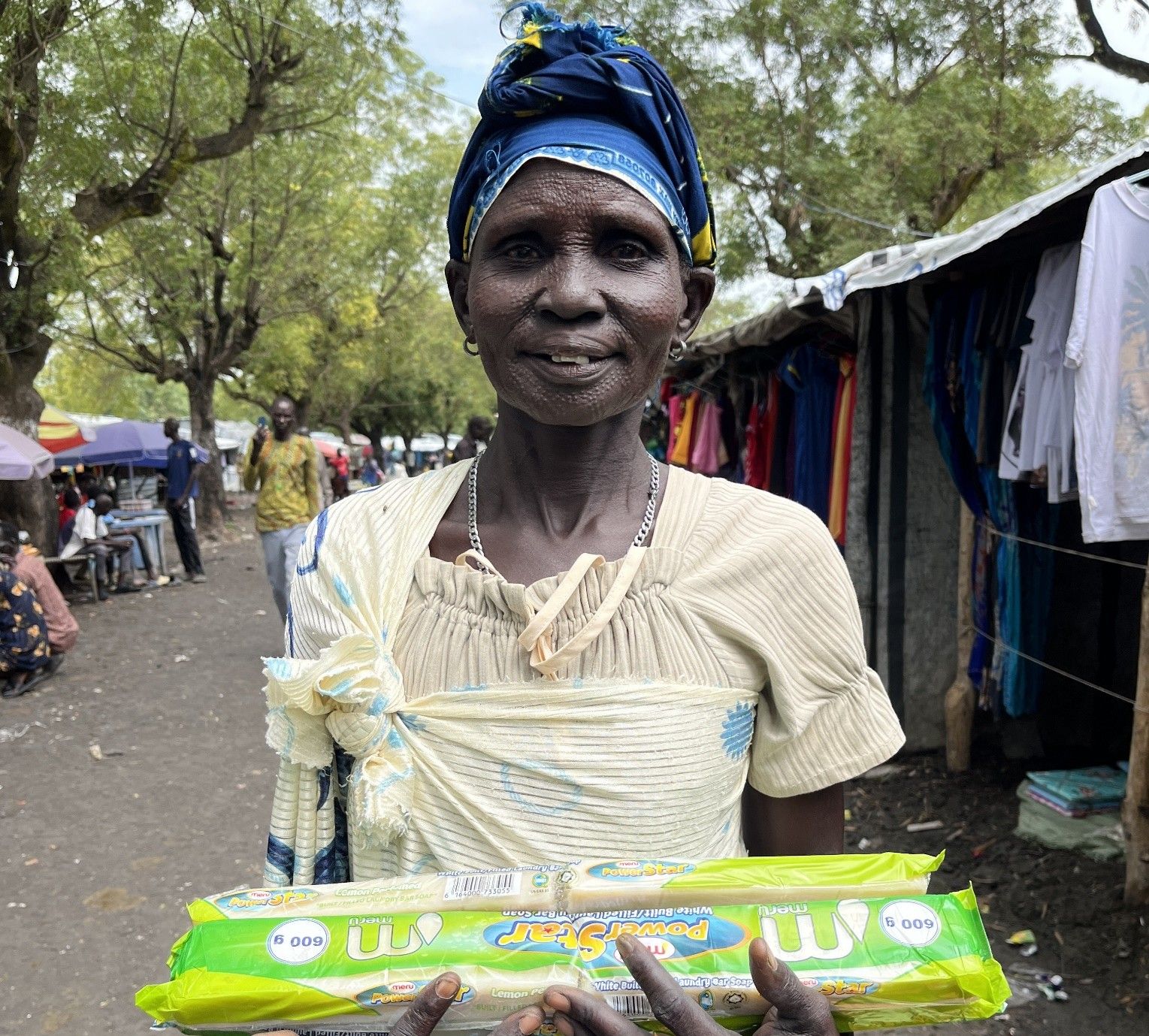
The Partner
The project is implemented together with DCA’s national partner, Nile Hope, which has been operating in Akobo County since 2004. Nile Hope is a multi-sectoral non-governmental organization established in 2004. It is currently implementing a variety of projects across 5 of the 10 states in South Sudan, boasting over 15 years of experience in emergency response, recovery, resilience, and development initiatives. As a well-established humanitarian entity, Nile Hope focuses on various thematic areas, including Food Security and Livelihoods, Cash and Market Programs, Water, Hygiene, and Sanitation, Nutrition, Protection and Gender-Based Violence, Education, as well as Peacebuilding and Conflict Mitigation.
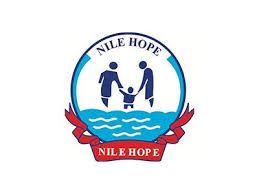
About this project
Exact/full title: Humanitarian Response in Akobo
Timeline: September 2024 to December 2024
Partner: Nile Hope
Amount: 1,000,000 DKK
DCA Theme: Save Lives
Number of people reached: 557 households
Donor: Danida
